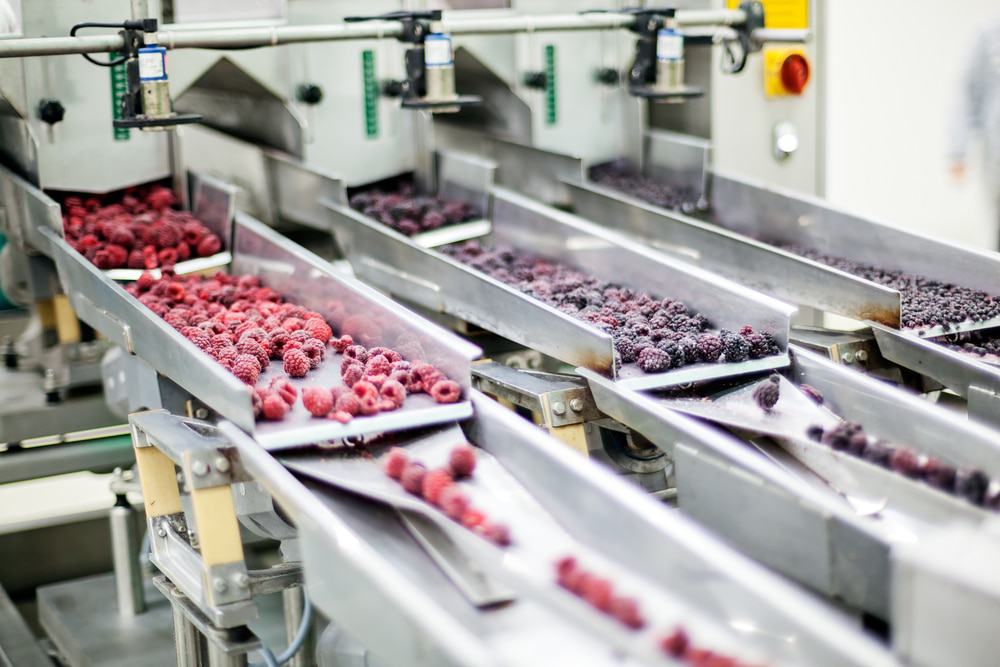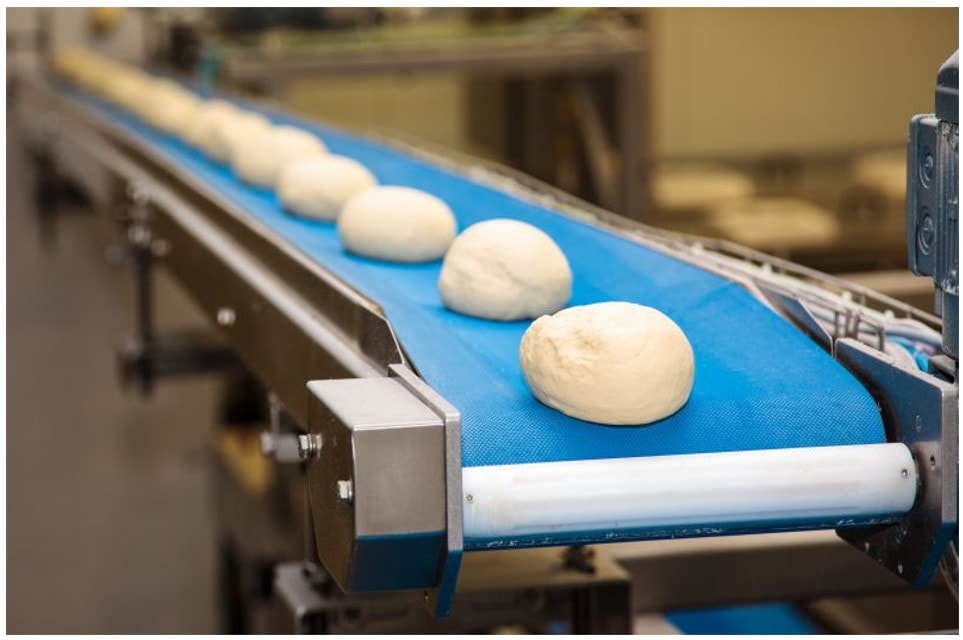Introduction
In today's quickly evolving food market, organizations are looking for lasting remedies to satisfy the expanding demand for high quality foodstuff while lessening their ecological impact. Contract food manufacturing has actually become a viable option for firms wanting to outsource their manufacturing needs while maintaining control over product advancement and also quality control. This write-up explores the concept of contract food manufacturing in Australia and its duty in advertising sustainability within the food industry.
The Surge of Contract Food Manufacturing in Australia
Understanding Agreement Food Manufacturing
Contract food manufacturing is a strategic partnership between a brand name owner as well as an agreement supplier, where the last generates products in support of the former. This setup permits brand proprietors to concentrate on marketing, item development, and circulation while leveraging the proficiency and sources of specialized agreement manufacturers.
Benefits of Contract Food Manufacturing
Cost Performance: Contract food manufacturing removes the demand for significant capital investments in framework, devices, and workforce. This cost-saving measure allows brand names to designate their sources towards other vital areas of organization growth. Scalability: As demand for a certain product changes, contract producers can quickly readjust manufacturing degrees to accommodate market demands. This flexibility guarantees that brand names can satisfy customer demand without excess stock or wastage. Expertise and Advancement: Agreement manufacturers commonly have extensive knowledge and also experience in details food groups or processes. By teaming up with these specialists, brand names can take advantage of their creative thinking and harness cutting-edge remedies for product advancement and also improvement. Quality Guarantee: With stringent quality control steps in position, agreement suppliers adhere to sector requirements and also governing demands. This dedication to quality guarantees that brands deliver risk-free and top notch products to consumers consistently. Supply Chain Management: Contract food manufacturing streamlines the supply chain by combining production, product packaging, labeling, and distribution under one roof. This incorporated technique reduces logistical intricacies and also boosts overall operational efficiency.The Ecological Impact of Contract Food Manufacturing
Reducing Carbon Footprint
Contract food production uses opportunities to reduce the environmental impact of food manufacturing with numerous ways:
Efficient Source Utilization: Agreement makers maximize resource usage by applying energy-saving techniques, lessening water use, as well as lowering waste generation. These sustainable actions contribute to a lower carbon impact throughout the entire manufacturing process. Locally Sourced Ingredients: By sourcing components from local providers, contract producers lower transportation ranges and also linked discharges. This technique supports local economic climates while promoting sustainability within the supply chain. Eco-Friendly Product packaging: Contract food makers emphasize using green product packaging products, such as biodegradable or recyclable alternatives. This dedication to sustainable product packaging reduces waste as well as promotes responsible consumption.Embracing Sustainable Energy
Contract food producing facilities in Australia are progressively taking on renewable resource sources to power their procedures. Solar panels, wind turbines, and various other tidy power services help in reducing dependence on nonrenewable fuel sources and add to a greener future for the industry.
Addressing Sustainability Obstacles in Contract Food Manufacturing
Waste Management as well as Reusing Initiatives
Contract food makers focus on waste management with comprehensive recycling programs and waste reduction strategies. By implementing efficient waste segregation systems, business can divert considerable quantities of waste from landfills and contract food production advertise a circular economy.
Water Preservation Measures
Water shortage is an international worry, and agreement food makers play their component in resolving this challenge. Firms purchase water-saving innovations, such as sophisticated filtration systems as well as water reuse initiatives, to lessen their freshwater consumption.


Collaboration with Lasting Suppliers
Contract food makers actively seek collaborations with providers committed to sustainable methods. By prioritizing ecologically aware distributors, these firms guarantee that their whole supply chain straightens with sustainability goals.
FAQs
What is contract food manufacturing? Contract food manufacturing refers to the outsourcing of food production to specialized suppliers who produce items in behalf of brand owners.
How can contract food manufacturing benefit organizations? Contract food manufacturing uses expense performance, scalability, competence, and quality assurance to brand names seeking to focus on advertising as well as distribution.

How does contract food manufacturing promote sustainability? By enhancing source usage, embracing renewable energy, and also carrying out waste management and recycling efforts, contract food manufacturing reduces its environmental impact.
What are some sustainable product packaging choices in contract food manufacturing? Eco-friendly product packaging products such as biodegradable or recyclable choices are generally made use of in contract food manufacturing to decrease waste.
How do contract food producers preserve water? Agreement food suppliers purchase water-saving modern technologies and carry out water reuse initiatives to lessen their freshwater consumption.
What duty does collaboration with sustainable suppliers play in contract food manufacturing? By partnering with ecologically aware vendors, contract food producers ensure that their whole supply chain aligns with sustainability goals.
Conclusion
Contract food production provides a sustainable service for businesses looking for to fulfill the expanding need for quality foodstuff while lessening their ecological effect. By leveraging the know-how of specific suppliers as well as adopting environmentally friendly practices, brand names can add to a greener future for the Australian food industry. Welcoming sustainability not just profits the atmosphere however likewise enhances brand name track record and also customer trust in an increasingly conscious market.